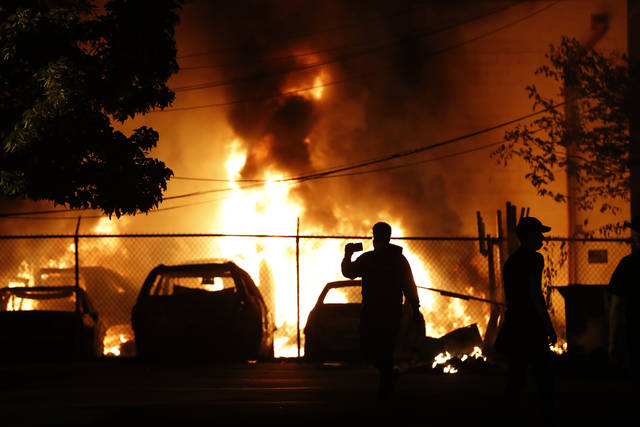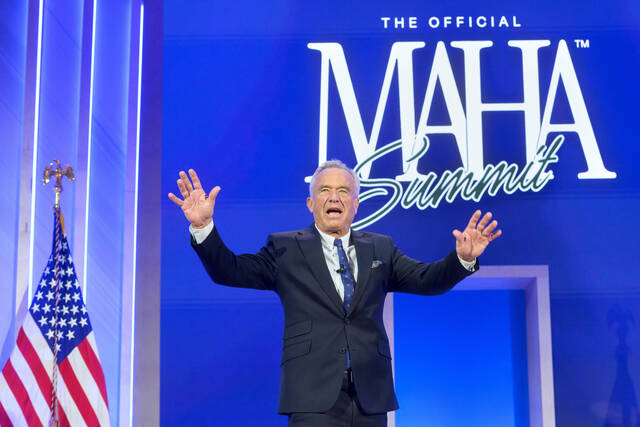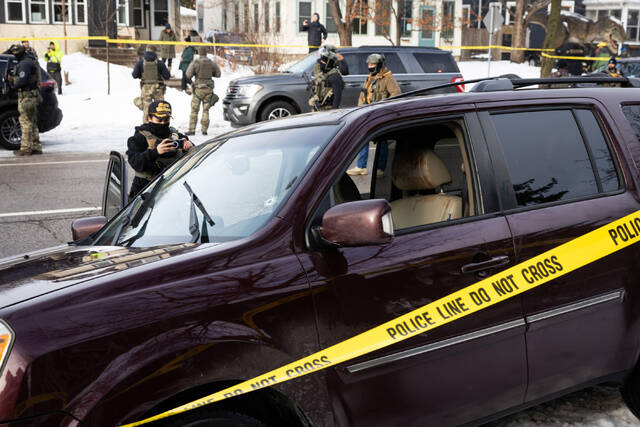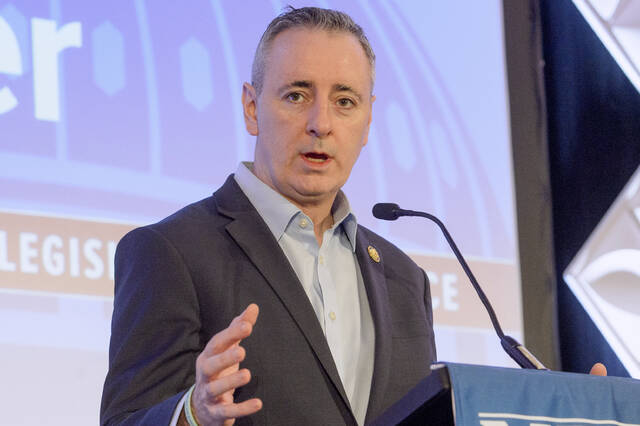I know a lot of people who measure the people they know on social media by the company they keep. It is easy to be accused of guilt by association if someone doesn’t believe the same things you do in a cyber landscape where everyone seems to be wearing gang colors.
This is nothing new. It wasn’t started by the coronavirus pandemic or by the Black Lives Matter movement, but the events of recent weeks have definitely contributed to an increasing flurry of defriendings by some people, blockings by others and a few well-placed “How can you even associate with that (expletive deleted)?!” exchanges.
I have even been involved in a couple of them.
The thing is this: I hardly ever delete anyone as a Facebook friend or a Twitter follower. If I accepted (or initiated) the relationship online, it was with the understanding that I might not agree with everything that is said. I don’t agree with my family across the board, so that seems like a high bar to set for a friend from third grade.
I do not believe that voting for a candidate makes someone evil, even if I don’t plan on supporting that person. I don’t believe that having different views from me on God, sex, vaccinations, parenting, unemployment, medicine, foreign policy or many other areas makes you someone unworthy of exchanging words or ideas or pictures of our kids.
I respect and acknowledge the people who think that’s absurd. I can understand why someone would see it as condoning those ideas that are antithetical to what I believe. But I married a guy who didn’t believe the same things I did, and I learned things from him and changed his mind on some key points, so I know it can be done.
And this week, another reason that I keep that chaotic soup of differing viewpoints boiling on the back of my social media stove made itself evident.
My sister’s house burned down. Her whole family made it out relatively unscathed, but the place her kids have called home their whole lives disappeared in a swirl of fire and smoke and took everything but their pajamas and two cellphones with it. My sister wore a neighbor’s shoes to the hospital because hers were melting to the floor of her bedroom.
When I posted an appeal on Facebook looking for whatever help we could find, the response was immediate. It was unutterably generous and unquestioning.
The people who donated to help my sister were all over the political and philosophical spectrum. They were rich and they were poor. They were around the corner and across the country. They saw a need and stepped forward and said, “Here. Take this. I want you to have it.”
No one asked who my sister voted for. No one wanted to know where she stands on immigration policy or gay rights. No one made their help contingent on how she prays — or if she prays. They heard the word fire and grabbed a bucket.
I have argued with some of these people in the past and I have every expectation that I will again, but I didn’t delete them because of it. I’ve been tempted, yes, but I would always rather hear the differences than mute them.
My sister’s house isn’t the only thing that burned down this week. There are a lot of problems happening locally and across the state and nationally, and too often, people want to ask about ideology before getting down to finding answers. That just doesn’t work.
The world isn’t just made up of people that agree with us, and the problems that face us all won’t be solved until we all grab a bucket and put the fires out together.








